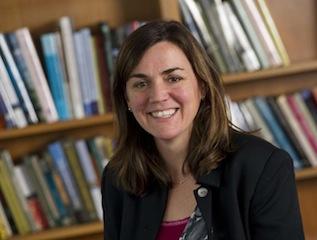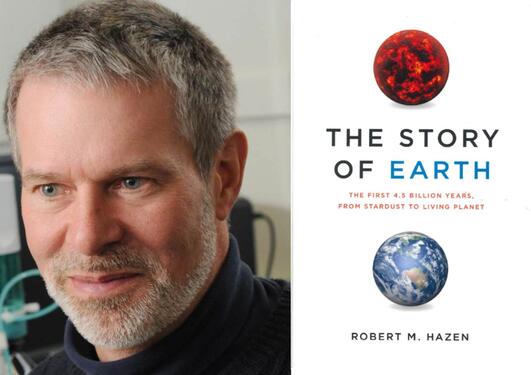Where can we damage? Biodiversity conservation and challenges for the future. Horizons lecture by Kathy Willis
Given the pressures on land for food, fuel, industrial expansion and urbanisation, do we need to adopt a different approach to biodiversity conservation?

Main content
How do we determine landscapes that are most important for biodiversity – and how do we value and protect them against competing uses that have a clear economic value? Given the pressures on land for food, fuel, industrial expansion and urbanisation, do we need to adopt a different approach to biodiversity conservation; one that considers the true economic cost of biodiversity? And how do we do this? This talk will examine current and future approaches in biology to address these important questions and the potential of new technologies to find pragmatic solutions.
Kathy Willis holds the Tasso Leventis Chair of Biodiversity at the Department of Zoology, University of Oxford and is leader of the Oxford Long-term Ecology Laboratory. She was the director of the Biodiversity Institute of Oxford between 2008 and 2013. In 2013 she was appointed the Director of Science at Kew Royal Botanic Gardens and is also an adjunct professor (Professor II) at the Department of Biology, University of Bergen.
Willis research focuses on using long-term records (>50 years) to understand biotic responses to environmental change. Since the average generation time of many larger organisms (e.g. trees, large mammals) often exceed this value, there is little scope in short-term records for example, in recording natural variability through time, or rates of migration in response to climate change. Work in the Long-term Ecology laboratory therefore focuses on reconstructing responses of ecosystems (species, families, communities, landscapes) to environmental change (e.g. climate change, human impact, sea-level rise) on timescales ranging from tens to millions of years.
As director of the Biodiversity Institute, Willis has led a number of projects focused on developing new technologies to measure and map biodiversity and ecosystem services globally, using a combination of satellite, global biodiversity survey, and citizen science datasets. This research aims to provide fast and reliable information to aid decision making for land-holders and businesses. This Horizons lecture will focus on the results from these research projects.
The event starts with a snack and refreshments in advance of the lecture that begins at 16.15 at VilVite, Thormøhlens gate 51.
The lecture is open to all. Welcome!
Interested in upcoming Horizon lectures? Send an e-mail to Kristin Bakken to receive information by e-mail in advance of lectures. Or join the Horizons group on Facebook.
Find the event on Facebook.


